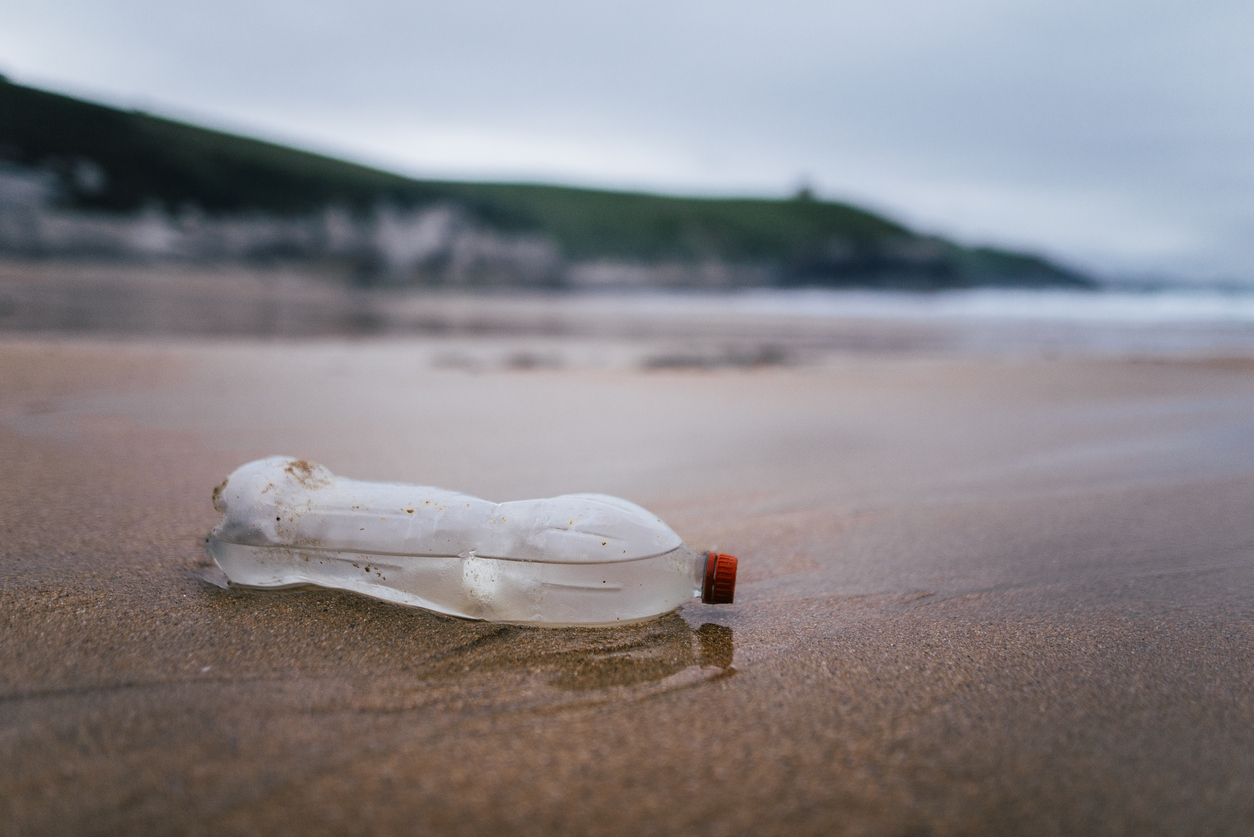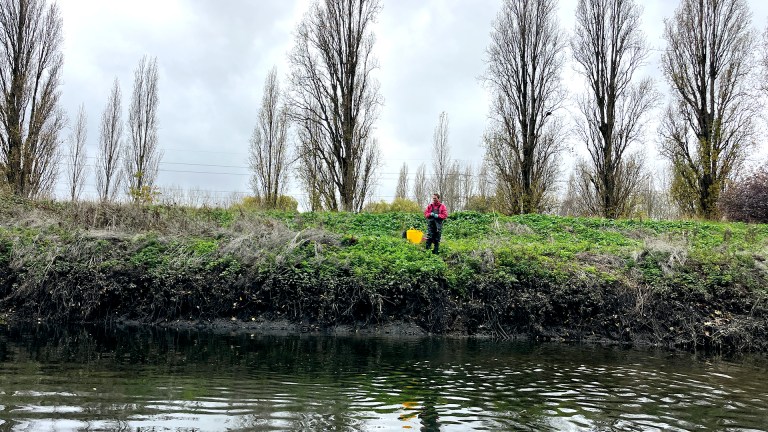Sadiq Khan has greenlit plans to create a network of water fountains across London in the continued battle to reduce single-use plastic waste.
The Mayor of London has already introduced 20 water fountains across the city with more than 8,000 litres of drinking water dispensed from the two Liverpool Street station fountains in one month alone.
The popularity of the existing fountains has inspired Khan to team-up with Thames Water on a new £5m fund to install more, with applications open to councils, businesses, venues and land owners.
For years, public water fountains were neglected whilst single-use plastic waste soared. We’re determined to reverse that trend and help deliver hundreds more free public fountains in the capital for everyone to enjoy. https://t.co/l7HMAle4sm
— Sadiq Khan (@SadiqKhan) October 12, 2018
More fountains will hit the streets from spring 2019 as part of the crackdown on plastic, inspired by Sir David Attenborough’s Blue Planet II series.
Currently, the average Londoner buys more than three plastic water bottles every week which amounts to 175 bottles every year, according to waterway charity Thames21’s #OneLess campaign. The group found almost 3,500 bottles in the River Thames last month, with water bottles overtaking fizzy drinks bottles for the first time.





